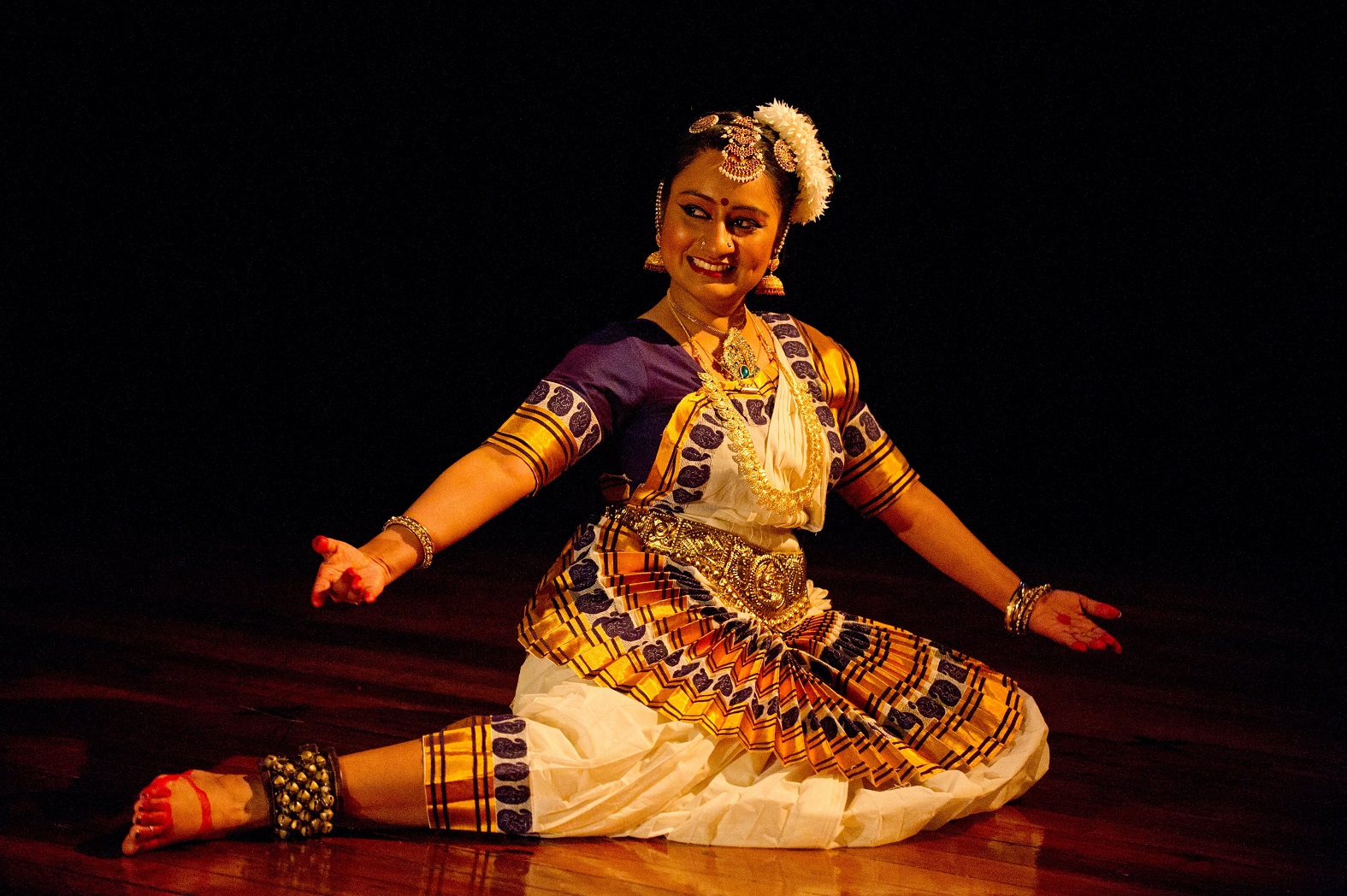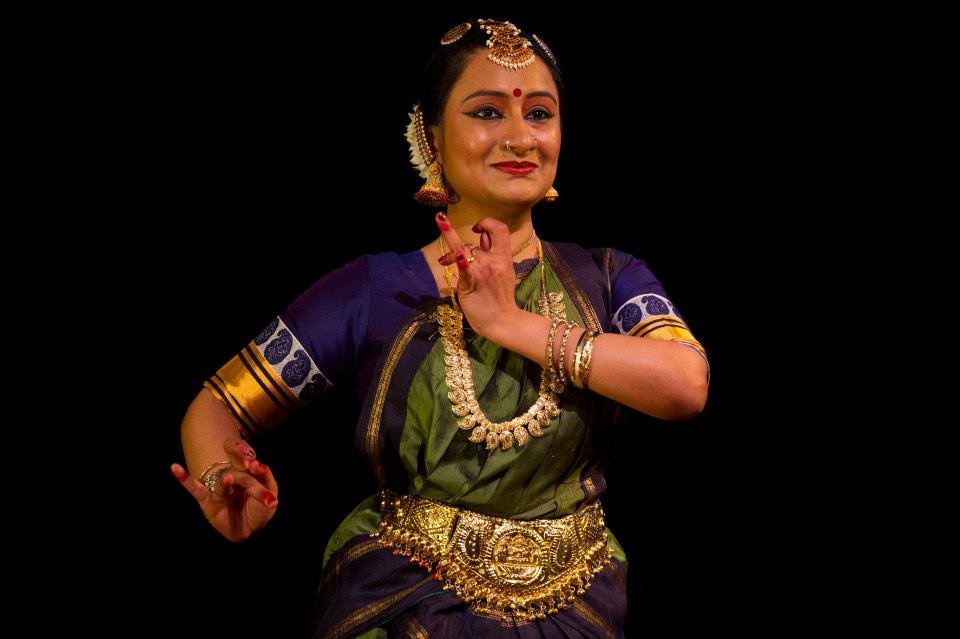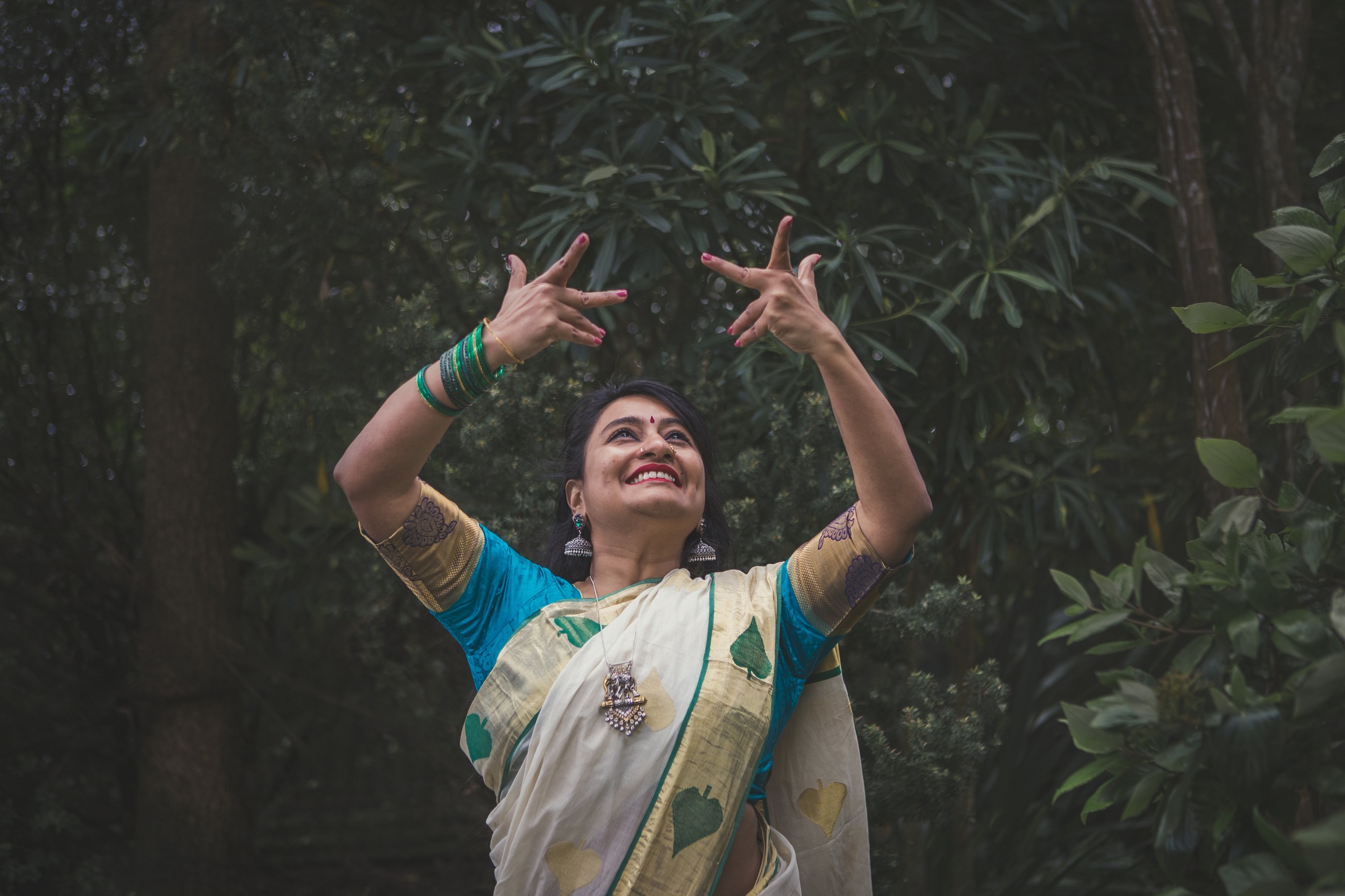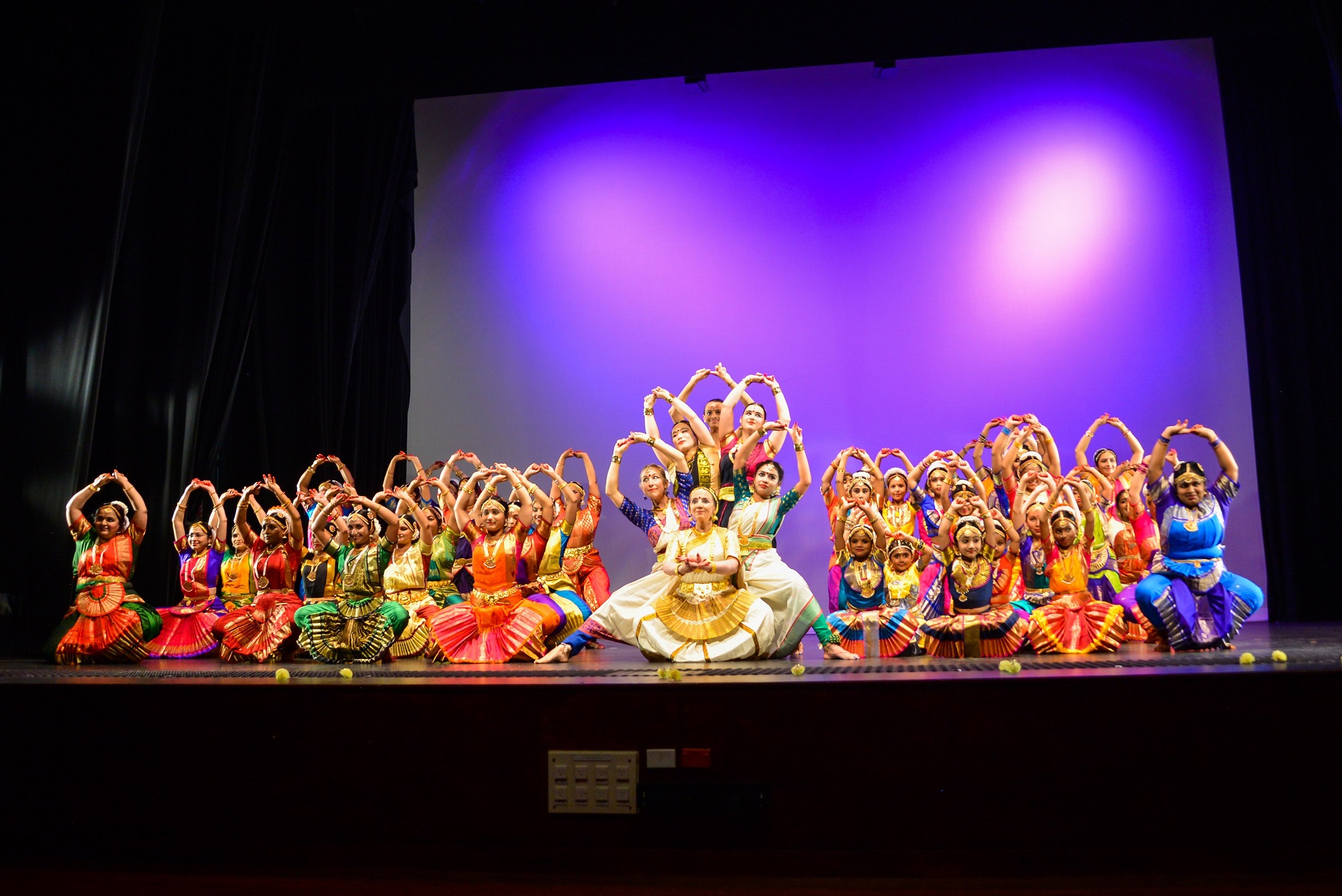
Moving to a new country and city that you have never visited before is nothing new for Swaroopa Prameela Unni.
Having moved from India to Dunedin 13 years ago it should be no surprise to discover Unni and her family are taking on another "adventure" into the unknown — this time moving to Perth, Australia.
"My daughter is still young, so we have the chance to go explore a little bit more. See some more of the world."
Moving for better professional opportunities for both her and her film producer husband, Unni says the decision has been a tough one as it means leaving behind the Indian dance community she has worked "painstakingly" hard to build up in the city.
"I’m looking forward to it, but at the same time am incredibly sad.
"My community of dancers are very upset.
"It has been overwhelming for me."
But the possibility of more solo dance opportunities in Australia and the ability to grow and develop her skills is important to her. Perth’s strong arts community also really appealed.
"I’d like to see what is out there. Try that for a few years. Maybe we will come back. I don’t know. I’d like to see more of me performing."
So while she is fighting feelings of guilt at leaving behind her students and community of the Natyaloka School of Indian Dance, she knows she has managed to achieve a lot since moving to Dunedin in 2010.
"In Dunedin, I’ve done what I could, I’ve tried my best."
That first move from her home in South India was to follow her husband who was studying natural history film-making and science communication at the University of Otago.
It meant leaving behind a busy career as a print journalist in Bangaluru and as a professional dancer with a variety of dance companies such as Nrithyalaya School of Indian Classical Dance and Music and Abhinava Dance Company.
"My life was about performing and working and balancing it. I enjoyed it, my days were full and I was young, less sleep is fine."
Dancing has always been part of her life.
She started her training in Bharatanatyam at the age of 4 and had her debut performance (arangetram) at the age of 9.

"It’s always been a huge part of my life, there hasn’t been a time where I haven’t thought about dance."
So her plan when she came to Dunedin was to immerse herself in the Indian dance community and establish herself as a solo performer. She had envisaged a community like that of Britain and Europe where Indian dance was well-recognised and popular.
Only when she got here, she realised there was no such thing, the Indian community was very small and people did not know about traditional Indian dance.
That did not deter her — she decided to create awareness herself about Bharatanatyam and Mohiniyattam dance forms.
"The dance community has been really, really helpful in Dunedin, very supportive of what I’m doing."
As people had some knowledge of Bollywood dancing, Unni decided to start there with Bollywood dances, classes and workshops so people became more familiar with her. At the end of each performance she would include a small traditional piece to give a "glimpse" of her practice.
"That was my way of introducing them to my art form."
Her first performance of Bharatanatyam was for the Dunedin Fringe Festival.
She had booked The Globe for one night not knowing if many would turn up to see three Indian dance forms they knew little about.
"It was pouring that night. People turned up in numbers. We had to turn people away, the auditorium was full, there was no other space. It was an incredible response from the community."
As people did not understand the difference between the dance forms, she decided to concentrate on Bharatanatyam in the meantime and allow the community to get to know that style of dancing before introducing other dance styles like Mohiniyattam, a dance form from Kerala, South India.
"It’s a very global dance style."
The small Indian community asked her to start a dance school so she began teaching in the spare room of their upstairs apartment, with the blessing of the downstairs resident.
She began with about eight students and after about a year moved her classes to King Edward Court where she has remained. These days she has up to 45 students and does regular dance productions.
"It has become a community, a hub sort of thing, people of different ethnicities meet up, they create friendships, it’s part of their lives and routines living here in Dunedin. For parents it is something that connects to their culture."
It has always been important for her that her school is involved in as many community events and festivals as possible to keep that awareness up.
They have collaborated with the Taiko drummers, taonga puoro performers and Rasa dance school.

Those performances have allowed Unni to highlight the complex history of south Indian dance forms and how they have adapted over the years.
She has also performed solo shows at festivals around the country.
"I wanted to show through dance, the form is incredibly diverse and can adapt within different formats, but still within that traditional lens."
In recent times, Unni has been researching the history behind the dance forms of Bharatanatyam and Mohiniyattam.
She discovered the dance forms originated among a group of educated female dancers in South India who were dedicated to temples and married to gods but also had patrons.
They performed in public and were talented in all forms of dance, theatre, poetry and music. Their skills were passed down the female line.
"It was a different way of living, because of the art forms they were paid very well, they were given land, property — which was unique at the time in a culture where women were not at the forefront."
But when colonised, the women’s talents and marital status were seen to be improper in Western Victorian society and so an anti-dance campaign was waged against them.
"They were shocked to see them performing in public, having rights to property and not being married to a single person."
The women were required to get married if they wanted to continue performing otherwise public dancing in temples and palaces was banned in 1947.
However, the upper-class members of society decided to appropriate the art form and promote it as Indian culture.
"Learning this made me even more aware of the responsibilities I have to acknowledge these women and perform in New Zealand.
"I always talk about this history and acknowledge them before I dance.
"It’s only because of them we have these dance forms."
Their story has also taken a more feminist leaning and importance to Unni’s solo performances which talk about contemporary themes.
"Because I’m from a different ethnicity, I also want to concentrate on how we as women survive in New Zealand.
"These are projects I’m passionate about."

In it she performs Mohiniyattam as it was created for women to be graceful, soft and "prim and proper".
"To show the power of women through that dance was incredible. It has so much potential."
She will be performing this again at Tahi Festival in Wellington next week.
The dance forms have great potential to be a conduit for discussions on "anything and everything", she believes. Such as her RE:IN:ACT choreography project with Otepoti Theatre Lab about Indian migrants coming to Dunedin which will premiere in October.
"When we talk about migrants it’s always as if we are new here. We forget we were also colonised, when the European settlers came in we were also on the ship as sailors or whalers. We were there as well but we never talk about it. Some jumped ship and became part of the community."
People may throw stones or make comments about going back to where you came from just because you looked different, but migrants were always a part of New Zealand, she said.
"I want to challenge that concept. We’ve been here for ages. Maybe not my direct ancestor, but the community has been here and been a huge part of the New Zealand community since then."
Unni really liked "to get into" projects like that, she said.
"Talking about identity, talking about challenges within ethnic communities."
With so many projects on the go, Unni and her family are not leaving for Perth until January so she can finish everything. Her parents are also visiting from India, a long awaited trip delayed by Covid.
"Then we have to wind up everything."
She hopes someone will be able to take on the school or re-start it up if they arrive here in the future.
"It’s been incredibly rewarding and people have been very supportive coming to our productions every year who have seen these dancers grow up on stage in front of them."
Her school is doing one last performance in Dunedin this month. Nātya will explore the concept of Abhinaya (expressions) and adavu (techniques) from the repertoire of Bharatanatyam. As well as dancers she has trained, it will also showcase dancers from Vidyadhara School of Dance performing Mohiniyattam.
"I’ve asked everyone to give 100% as it might be the last one until I return."
TO SEE:
Nātya on Saturday at Trinity Catholic College, 6.30pm.












